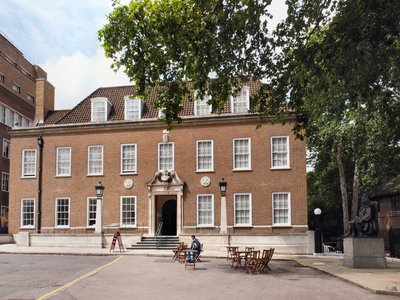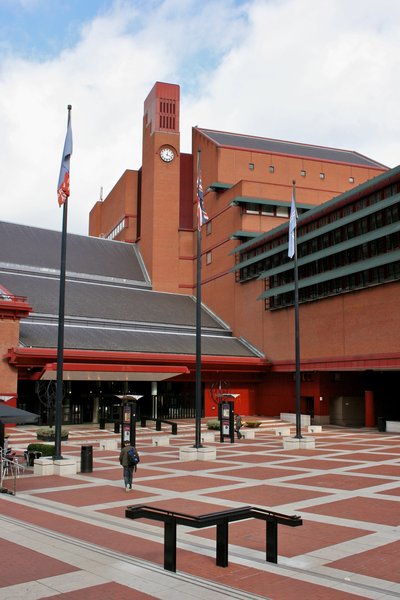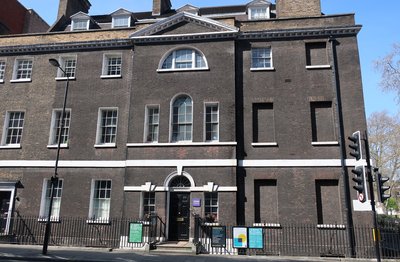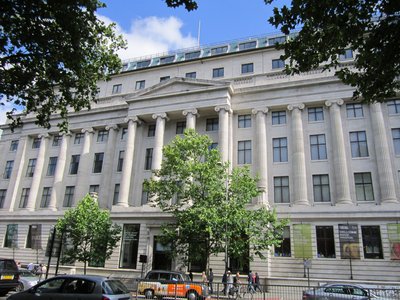Foundling Museum

⭐ Highlights
Tokens of Identity
Tiny objects with vast storiesPins, fabric scraps and coins were kept so a parent might later prove a child was theirs.
📍 Ground floor, Intro gallery
Hogarth & the Artists’ Room
Art in service of charityHogarth persuaded leading artists to donate works—Britain’s first proto-public gallery was born to help children.
📍 First floor, period rooms
Handel & the Hospital
Music that paid the billsAnnual performances of ‘Messiah’ raised funds and awareness, fusing London’s culture with its conscience.
📍 Handel Room
Committee Room
Hard choices in a beautiful spaceMothers pleaded here; art dignified a process often shaped by scarcity.
📍 First floor
Opening Hours
🤓 Fun Facts
Mothers did not sign names: tokens and meticulously recorded descriptions were the only link if circumstances later changed.
The Foundling Hospital effectively created London’s first public art gallery—Hogarth’s idea to attract donors with great paintings.
Handel conducted fundraising performances of ‘Messiah’ for the Hospital; the work became tied to the charity in Londoners’ minds.
Similar Museums
Nearby Places

Charles Dickens Museum
5 min 👣
Postal Museum
7 min 👣
Wiener Library
8 min 👣
Brunei Gallery
8 min 👣
British Library
8 min 👣
Institute of Archaeology Collections
9 min 👣
British Museum
9 min 👣
Pushkin House
10 min 👣
Petrie Museum of Egyptian Archaeology
10 min 👣
L-13 Light Industrial Workshop
10 min 👣





